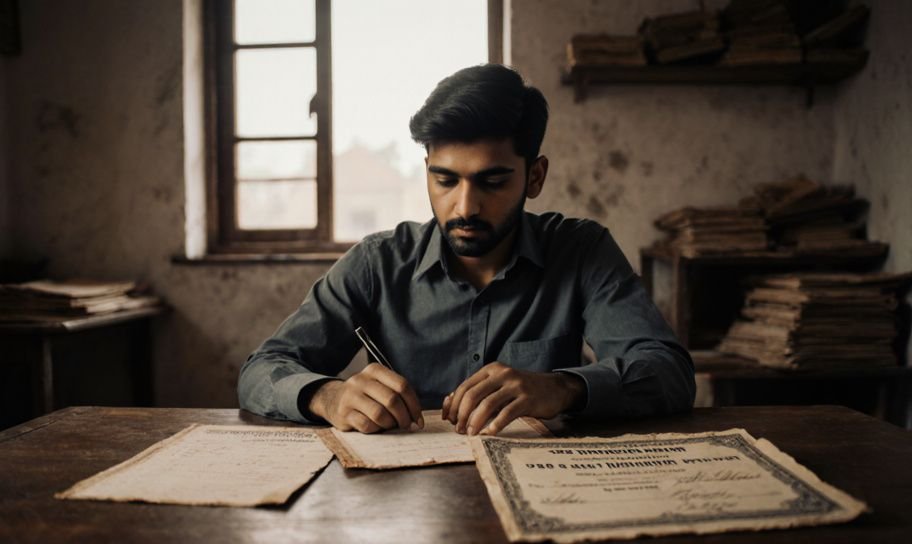
Prathamesh Banne, a 21-year-old student from Akola, fought a long court battle to prove he belonged to the 'Mannewar' Scheduled Tribe. The High Court finally decided in his favor, overturning a decision that had said his tribe certificate was not valid.
Prathamesh originally got his tribe certificate in 2019, but the Scheduled Tribe Certificate Scrutiny Committee in Amravati said it was not valid in 2024. They claimed he wasn't part of the 'Mannewar' tribe. His certificate was taken away, and he had to prove his identity.
Prathamesh's case relied a lot on old documents. He showed several records from before the Indian Constitution, including:
Even with these, the committee focused on other documents that suggested his ancestors were 'Telangi' or 'Telgu', which they argued were not part of the 'Mannewar' tribe.
"The fact remains that 'Telugu' is not identified as a caste in any of the statutory provisions." - Court Judgment
When the committee took too long to decide, Prathamesh filed a request to the court. Even after a court order in 2021 to speed up the process, the committee still rejected his claim, leading to more legal action.
The Vigilance Cell did investigations that seemed to support the committee's view. However, many of these documents were about female relatives or distant family members, which the court found did not matter for his case.
The High Court judges, Mrs. M. S. Jawalkar and Raj D. Wakode, criticized the committee for relying too much on the Vigilance reports. They emphasized the importance of documents from before India gained independence and the lack of a clear standard for the affinity test.
"The impugned order passed by the Scrutiny Committee is patently erroneous." - Court Judgment
The court declared Prathamesh as belonging to the 'Mannewar' Scheduled Tribe and ordered the issue of a valid certificate within three weeks. This decision not only affirms Prathamesh's identity but also sets a precedent for how similar cases might be handled in the future.